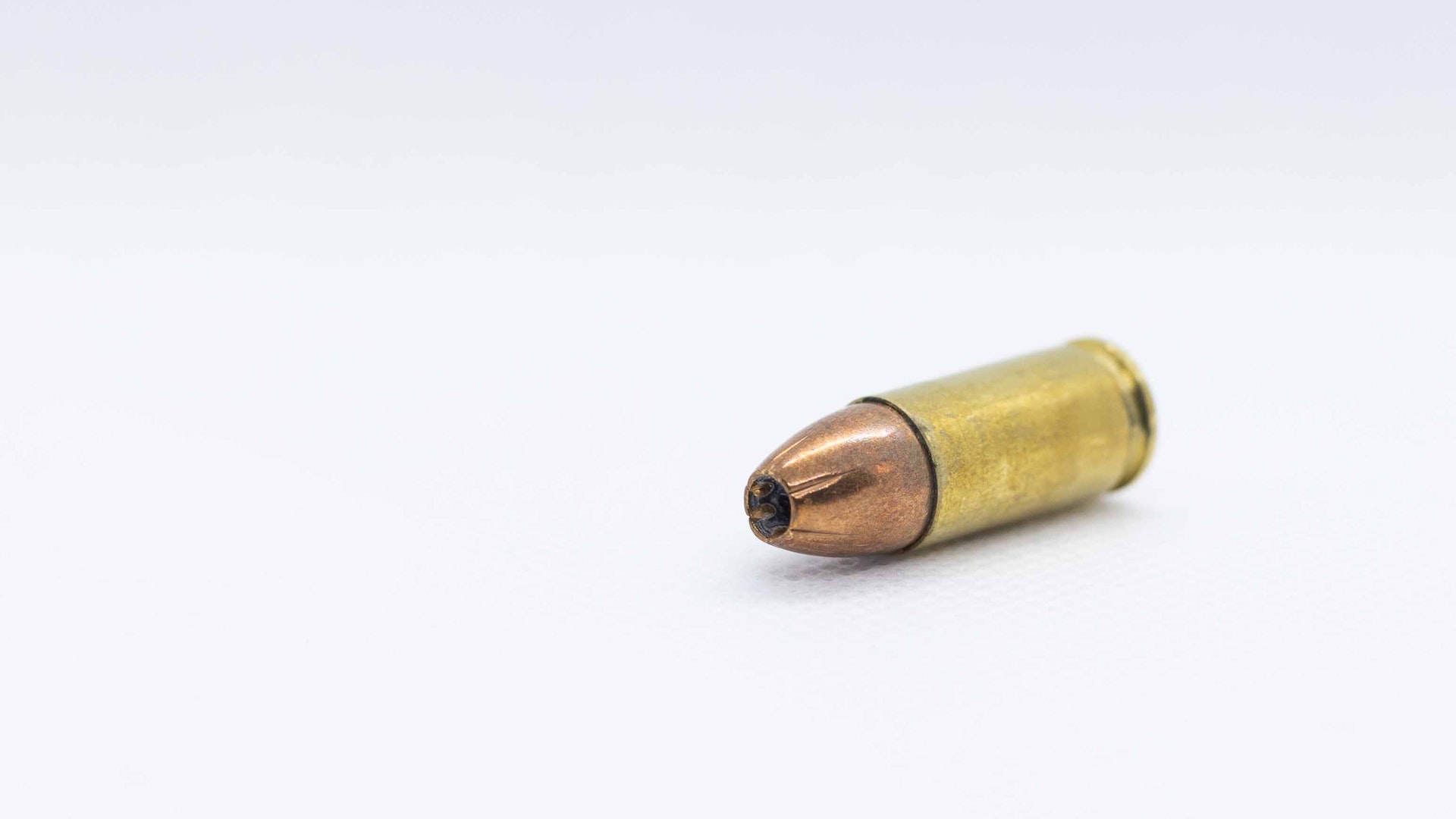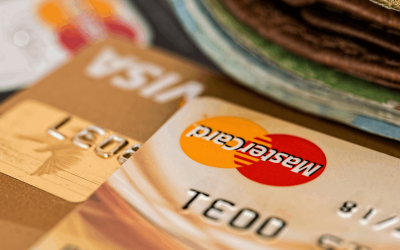The Second Amendment of the United States Constitution protects the right to bear arms. However, this right is not absolute. The government can place restrictions on gun ownership and use in order to protect public safety.
With each state responsible for enacting its own gun laws, the penalties for violating these laws can vary greatly. If you have been charged with a gun-related offense in Wisconsin, it is important to understand the potential penalties you may be facing.
Read on to learn more about gun charges and criminal law in Wisconsin.
Gun laws in Wisconsin
To understand the penalties for a gun charge, it is first necessary to understand the relevant laws. In an open carry state like Wisconsin, individuals are generally allowed to openly carry a firearm in public as long as they are not doing so with the intent to commit a crime.
As long as you check all the requirements for open carry in Wisconsin, you should be able to carry your weapon in public without a permit lawfully. Not everybody is allowed to do this, however. For example, individuals on probation or parole are not allowed to carry a firearm openly.
Those convicted of a felony are also not allowed to possess a firearm in Wisconsin. In addition, certain types of firearms are prohibited altogether, such as sawed-off shotguns and machine guns.
It is also important to note that even if you are legally allowed to possess a firearm, there are still places where you are not allowed to take it. For example, you cannot take a gun into your local police station, school, hospital, or church.
What are the possible gun charges and sentences in Wisconsin?
There are several different gun-related offenses that you can be charged with while carrying in Wisconsin. The specific charge will depend on the circumstances of your case and your criminal history.
Endangering Safety by Use of a Dangerous Weapon
The most serious gun-related offense that you can be charged with in Wisconsin is Endangering Safety by Use of a Dangerous Weapon. This felony charge can be punishable by up to 12 years in prison and a $25,000 fine.
To be convicted of this offense, the prosecution must prove that you were recklessly endangering the safety of another person by using a dangerous weapon. This behavior could entail firing a gun into a crowd or waving a gun around threateningly.
It is important to note that this offense does not require that anyone be injured. The mere act of endangering someone’s safety is enough to be charged with this offense.
Possession of a Firearm by a Felon
As mentioned earlier, felons are not allowed to possess firearms in Wisconsin. If you are convicted of a felony, you will lose your right to own a gun. If you are caught with a gun after being convicted of a felony, you can be charged with Possession of a Firearm by a Felon.
This is a felony charge punishable by up to 10 years in prison and a $10,000 fine. The sentence will depend on the severity of the offense and your criminal history. It’s always best to have a qualified criminal lawyer by your side during these trials.
Neglecting a Child
If you are found to be recklessly storing a gun where a child can access it, you can be charged with Neglecting a Child. In this case, the felony charge is punishable by up to 6 years in prison and a $10,000 fine.
An example of this would be the infamous school shootings. In many cases, the underaged shooters could access the guns because an adult did not correctly store them. The prosecution will aim to prove that you negligently stored the gun where a child could access it and that the child then obtained the firearm and displayed it in public.
Carrying a Concealed Weapon
If you are caught carrying a concealed weapon without a permit, you can be charged with Carrying a Concealed Weapon, a misdemeanor charge that can fetch you nine months in jail and a $10,000 fine. Again, this is dependent on the state in which you are concealed carrying.
In order to be convicted of this offense, the prosecution must prove that you were carrying a concealed weapon without a valid permit. A concealed weapon is defined as any gun that is not openly visible, and the law is in place to prevent people from carrying weapons in areas where they are not allowed.
Use of Force in Self-Defense
In some cases, you may be able to avoid a gun charge altogether by claiming self-defense. Wisconsin law allows you to use force in self-defense if you reasonably believe that you are in danger of imminent bodily harm.
You can only use the amount of force necessary to protect yourself, and you cannot be the aggressor. For example, if someone is robbing you but runs away after seeing your gun, you cannot shoot them in the back.
Another typical example happens during home invasions. If someone breaks into your home at night, you can use force to protect yourself and your family. You might have to neutralize the threats only to find out later that they were unarmed.
You would likely not be charged with a gun offense in this scenario but might be sued civilly by the home invader or their surviving family. If you do get sued, you will likely have to go through a trial to prove that your actions were justified.
How to fight a gun charge in Wisconsin?
Besides losing money in court and time in prison, a gun charge can also negatively impact your life. A felony conviction will result in losing your right to vote and own a firearm. You may also have trouble finding a job or housing.
If you have been charged with a gun offense, you must immediately contact an experienced Wisconsin criminal defense attorney.
It can be challenging to prove your innocence when it’s your word against the prosecution. An experienced attorney will know how to investigate your case and build a solid defense to get the best possible outcome for you.
Contact Vanden Heuvel & Dineen, S.C. today for a free consultation. Our experienced criminal defense attorneys will fight for you until you are cleared of all charges.




